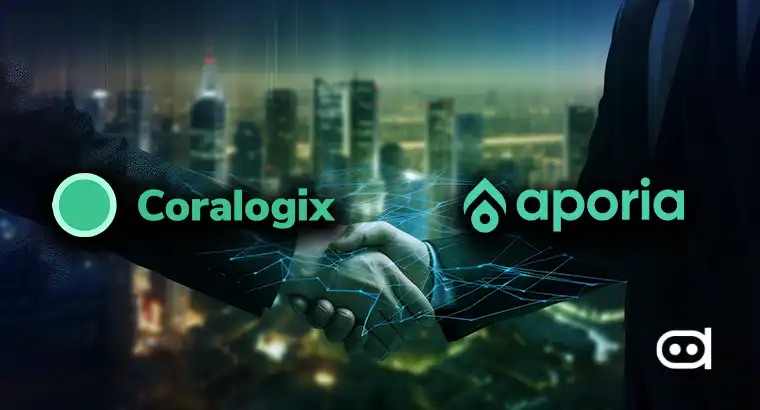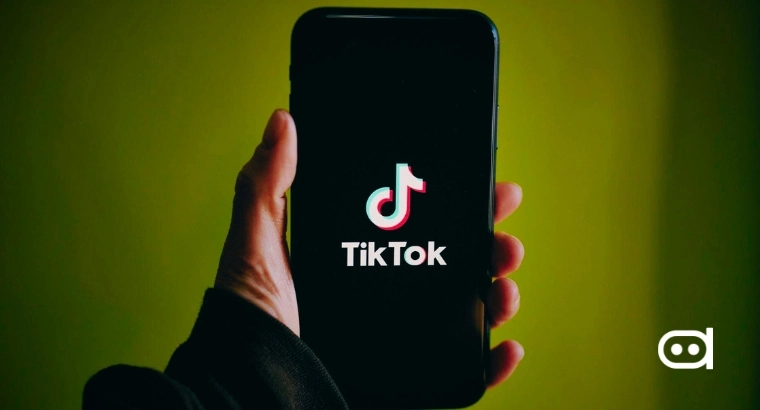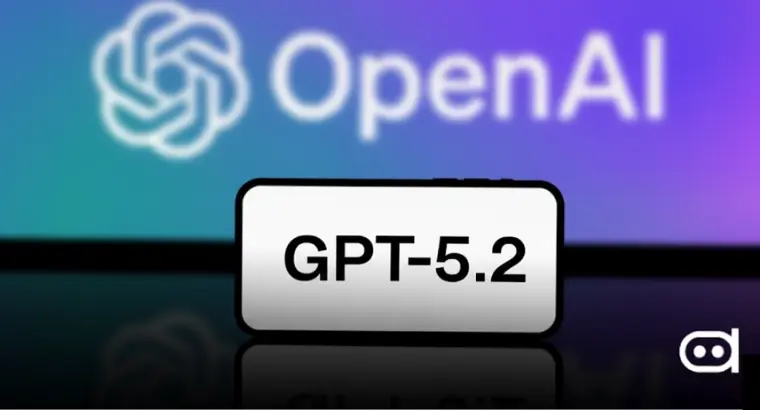
Airbnb is largely known as a vacation rental company. It recently ventured into a territory that has gathered more attention from experts from the technological segment of the industry. Chronon, introduced back in July 2023, is an end-to-end platform that assists machine learning (ML) teams in building, managing, deploying, and monitoring data pipelines for ML. Airbnb’s Chronon is now open-source.
Airbnb has called this an exciting announcement, adding that Stripe, the early adopters and co-maintainers of the project, still backs the project.
Democratization of AI
Democratization of AI, or any other technology for that matter, refers to making it accessible to all users irrespective of their geographical locations and knowledge. While geographical location can still be controlled for several reasons, the latter aspect remains consistent in allowing everyone to build and deploy innovation for the community.
Airbnb has taken a step in this direction by making Chronon open-source. It grants developers access to the technology through two approaches: offline-online replication and log-and-wait.
For starters, ML practitioners can train the model by leveraging data warehouses. Then, they replicate it in the online environment. It only comes with the limitation of online interference, which can result in inconsistency and label leakage. Second, practitioners can accumulate data first and then train the model on logs. The benefit is that there is consistency and fewer chances of leakage.
Impact on innovation
Democratizing Chronon has the beneficial effect of making it available to a larger audience. This entails new applications, enhanced cooperation, and faster development.
Increased collaboration
Open-source projects boost innovation and association across the globe. It allows developers to come together and explore possibilities for what can be done next. Chronon walks a similar path, except it specifically boosts the potential scope of AI and ML. Developers can hail from any corner of the world and still venture out to architect the future in their segments.
Overall, it ensures that the community members, or end-customers, are on the beneficial side. The goal remains to serve them with a seamless experience and streamlined procedures.
Faster development
Developers coming together bring several creatives under the same roof, enhancing the possibility of introducing something that can change the world. With its open-source nature, Chronon accelerates the speed at which developers can construct and deploy. Most of the information is easily accessible, and the tools are ready to be integrated.
That said, for any improvement in the industry or the platform itself, Chronon, in this case, gives an idea of how developers are using it and what they seek. Thereby improving Chronon’s groundwork.
New applications
Chronon can lead to the development of new applications and their unforeseen implementations. Simply put, Chronos’s offerings, like purchase data and user data, can help train AI models. Their combination into a single view can be backfilled for model training and served online. All they have to do is access the Join API.
Moreover, features are computed with the correct timestamp.
Conclusion
Leaving the basic groundwork of a technology open-source implies its democratization. It helps developers across the world build and deploy their innovation at any point according to their preference. For the technology itself, the open-source nature improves it by understanding the trends and demands of the industry.
Airbnb’s open Chronon does come with limitations and challenges; however, they can be circumvented conveniently with inputs and feedback. AI innovation is now expected to be primarily influenced by the nature of Chronon, which will positively boost the segment on a larger scale.
















